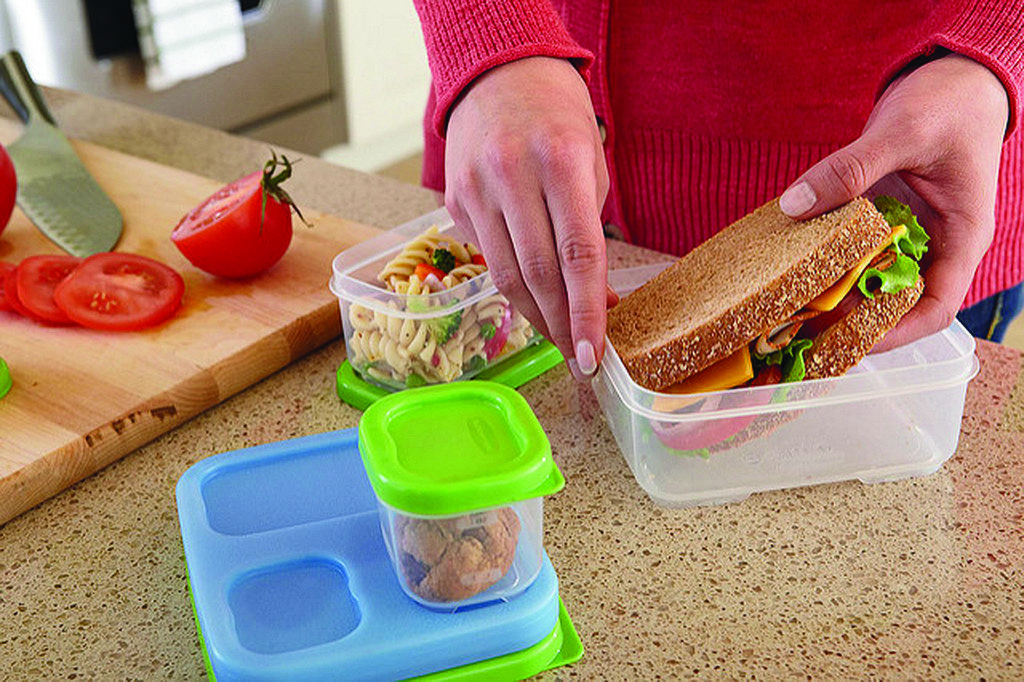 Children thrive in a predictable environment. Children learn to trust the world around them when daily routines are consistent regarding an expectable daily schedule including meal times, arrivals and departures, and bed times.
Children thrive in a predictable environment. Children learn to trust the world around them when daily routines are consistent regarding an expectable daily schedule including meal times, arrivals and departures, and bed times.
Development
Children do not comprehend time in hours and minutes but by events. When these occur consistently every day, they feel safe. Routines help newborns establish their circadian rhythm. Routines teach babies about sequencing. School-age children can learn to self-soothe through predictable routines. Routines support healthy brain development by both reducing stress and by activating the part of the brain responsible for planning and predicting.
Self-Control
Consistent routines help children trust that adults will provide what they need. When they feel this security, they are free to explore and learn. Children learn responsibility through routines such as hand-washing before meals and completing homework at an established time. Routines teach children that they have to wait for a certain activity to take place. Routines help children become independent as they are more likely to perform and master tasks that they have done repetitively in the safety of a secure environment.
Transitions
Routines help children adapt to transitions throughout the day. Offering transitional cues such as a song, the use of a timer, or the sound of a bell can help children prepare for changes in activities.
Flexibility
If children become resistant to well-established routines, reassess the situation. The resistance may stem from a developmental change. This could result in needing to alter bedtime or eliminating naps. As children grow, they may need to feel a sense of control. Assess which aspects of the routine can be compromised. What time a child goes to bed may be non-negotiable, but what songs you sing, books you read, or what they wear to bed may be negotiable and can make children feel more in control. Changes in routine due to vacations or illness may happen. Flexibility is key here, but elements of routine can remain consistent such as bringing a lovey or a toy from home on a trip, or keeping mealtimes consistent.
Tips
The night before, try to get as much ready for the next day as possible (i.e. pack lunches, get backpacks ready, choose the clothes to wear the following day). Remember that children will respond to your energy, so think about the tone you want to set in the morning. Create a goodbye routine and stick with it every day (“when it’s time for me go, I’ll give you a big hug, a butterfly kiss, a high five, and say ‘I love you’) and maintain that ritual.
Routines offer parents opportunities to build a child’s communication skills, curiosity, self-control and confidence through security and predictability. Familiar patterns provide security to children that will support them in both their everyday life and in unpredictable and stressful situations. While it can be challenging to create daily routines that offer predictability while at the same time being flexible to the individual needs of children, it is important that adults practice self-care and understand that no one way is perfect.
Everything can be used as a learning experience for children. While the predictability of routine makes children feel safe, deviations from the schedule (expected or unexpected) can help teach children resilience and flexibility.

Graziella Simonetti is a parent educator for EAC Network’s Long Island Parenting Institute and works as an early childhood social worker for the New York City Department of Education. She holds an advanced certificate in parent education from Adelphi University and is a NYSPEP credentialed parenting educator. Simonetti is a former kindergarten teacher.
https://liweekly.wpengine.com/sibling-rivalry/




























